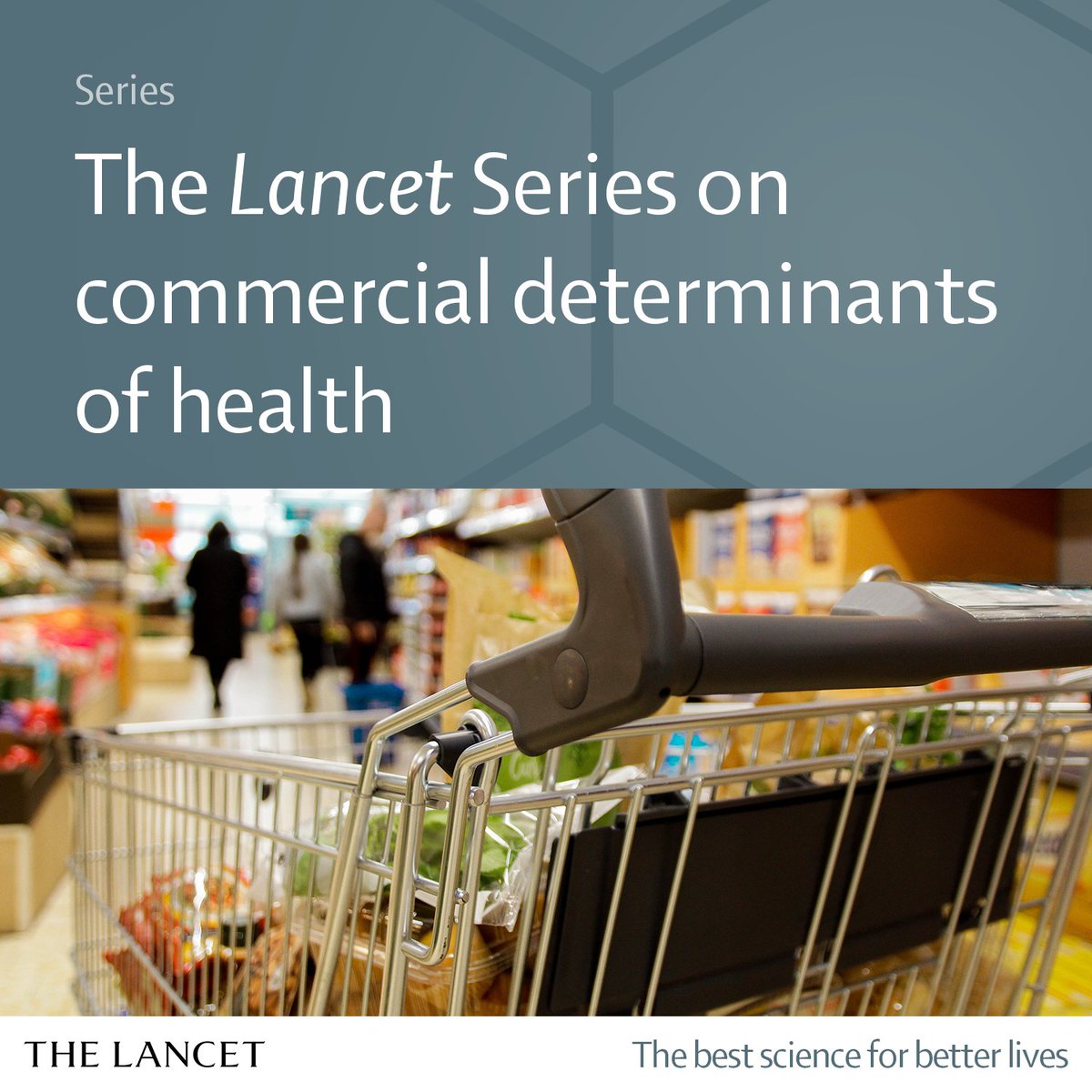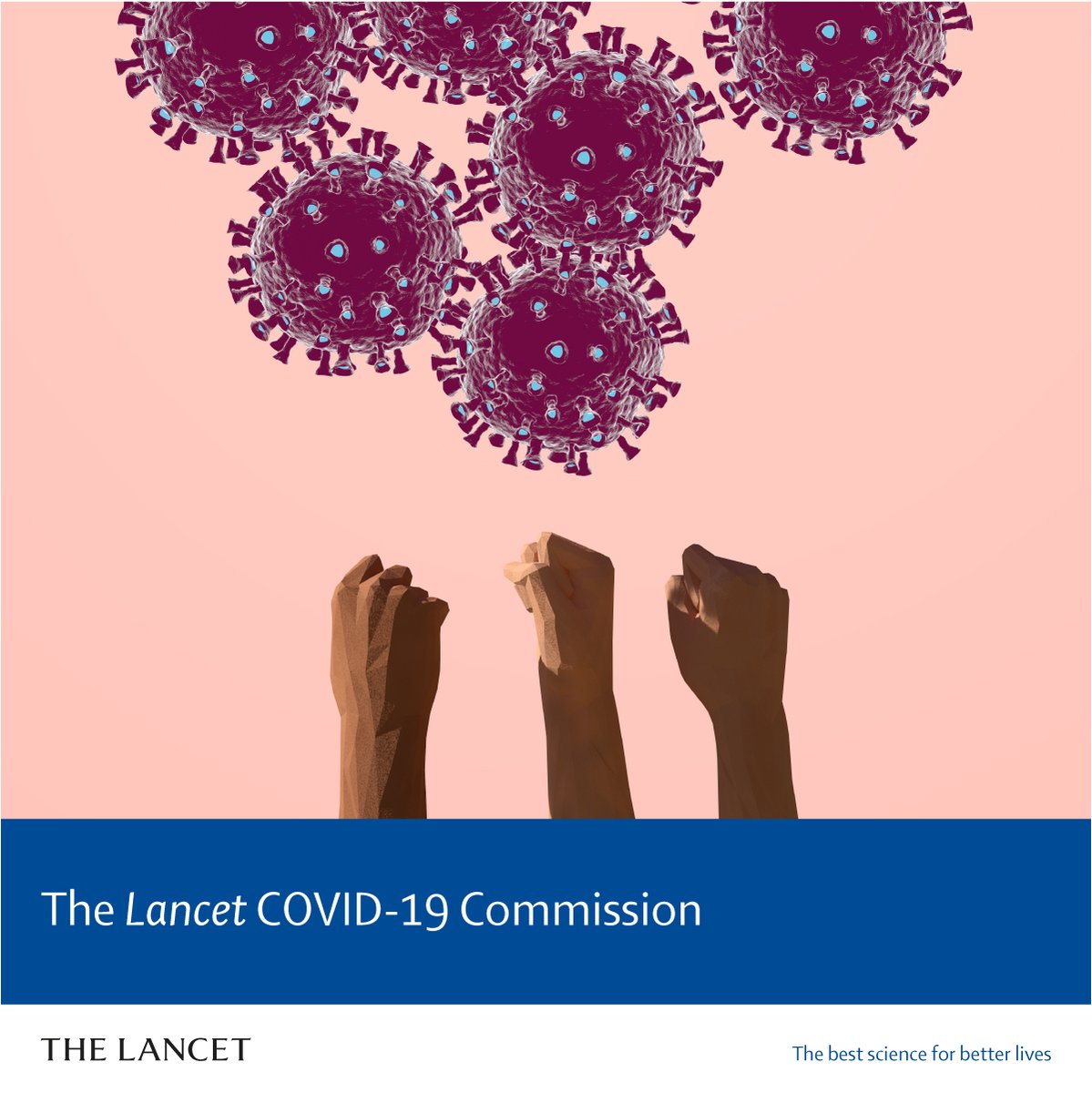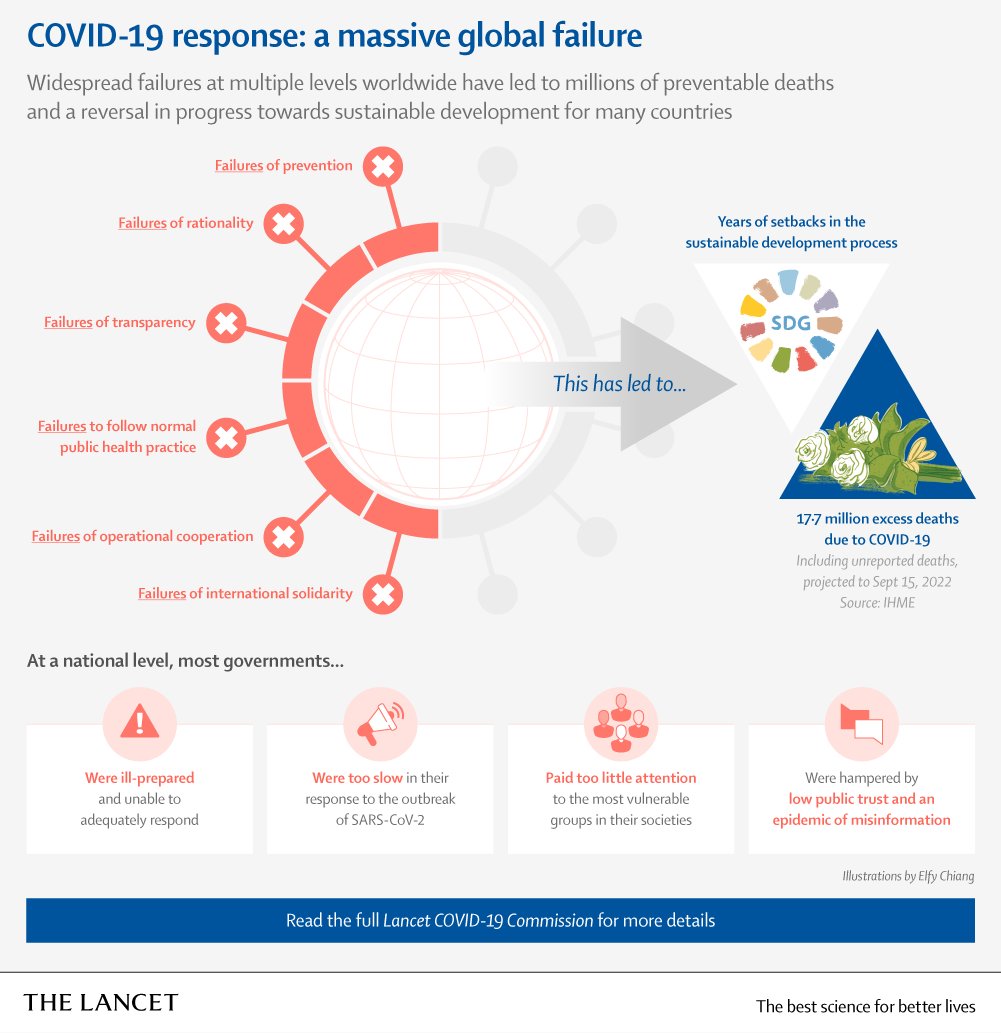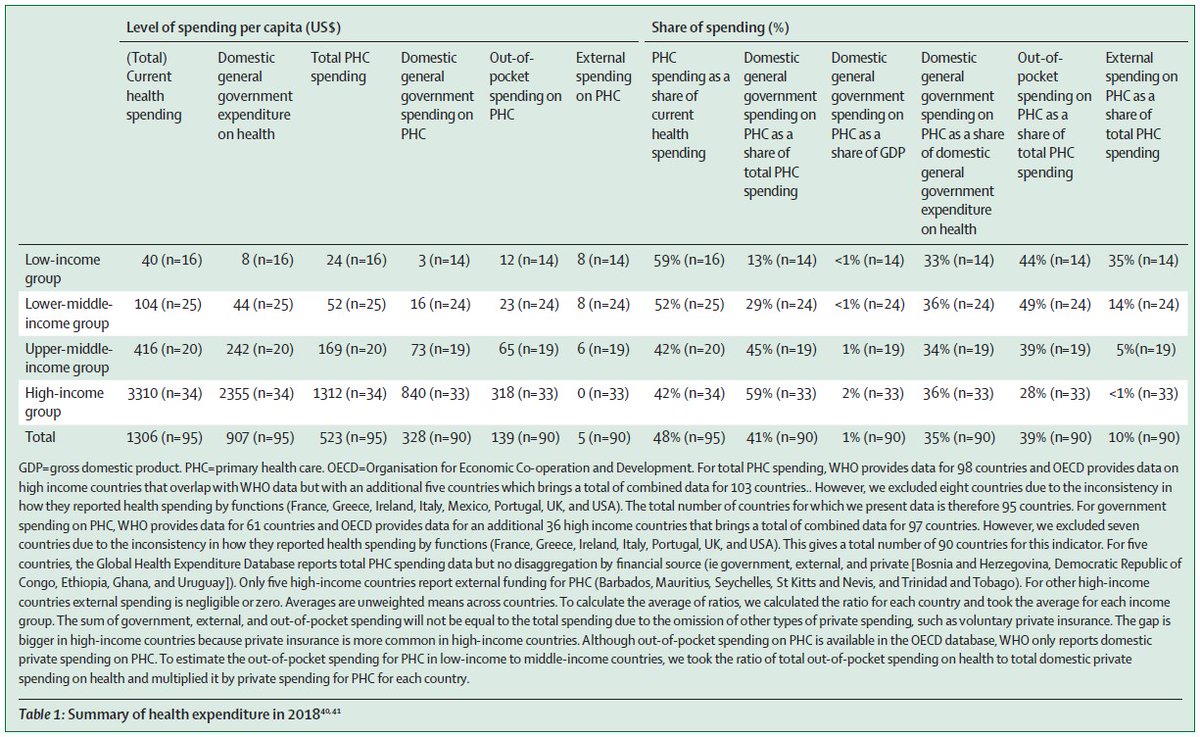Oral diseases present a major global public health burden, affecting 3.5 billion people worldwide, yet #oralhealth has been largely ignored by the global health community: new @TheLancet Series aims to get #GlobalOralHealth on the #NCD and #UHC agendas hubs.ly/H0jSwml0 

Oral diseases disproportionally affect poorer & marginalised groups in society & are an early indicator of population ill health linked to deprivation: new #GlobalOralHealth Series calls for #dental services to become integrated in wider health-care system hubs.ly/H0jPlj30 

Oral conditions share common risk factors with other #NCDs, including free #sugar consumption: @TheLancet #GlobalOralHealth calls for tighter regulation & legislation by governments as the effect of global sugar industry becomes a threat to public health hubs.ly/H0jPlj30 
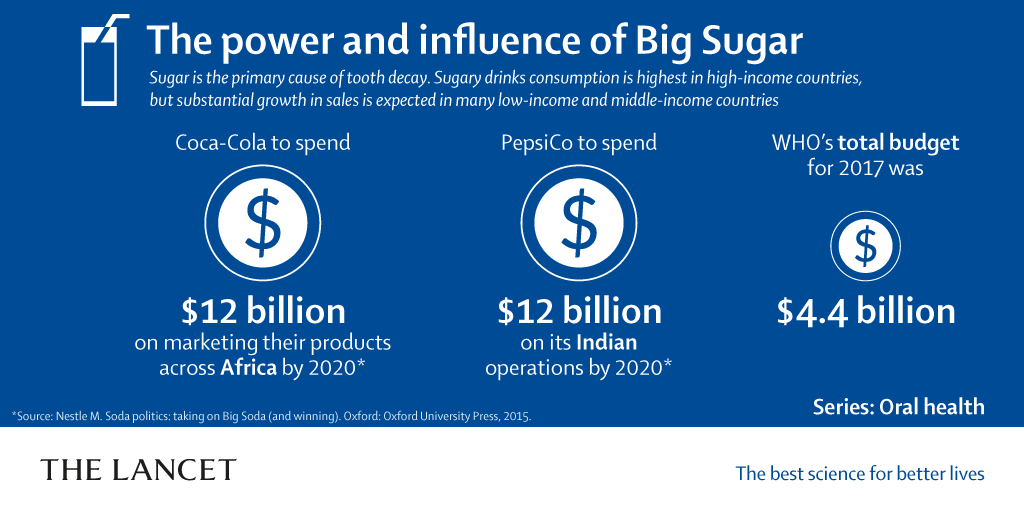
Global health community has failed to prioritise the global burden of #oralhealth; new @TheLancet Series calls for radical reform towards #GlobalOralHealth, tightened regulation of industry, & transparency around conflict of interests in #dental research hubs.ly/H0jPB360 

Conflicts of interest between the sugary food & beverage industry and dental research organisations: time for reform - Cristin E Kearns & Lisa A Bero in @TheLancet #GlobalOralHealth #BigFood hubs.ly/H0jHqfZ0 

Promoting radical action for global #oralhealth: integration or independence? Rob Beaglehole & Robert Beaglehole in @TheLancet #GlobalOralHealth Series
hubs.ly/H0jHrS70
hubs.ly/H0jHrS70
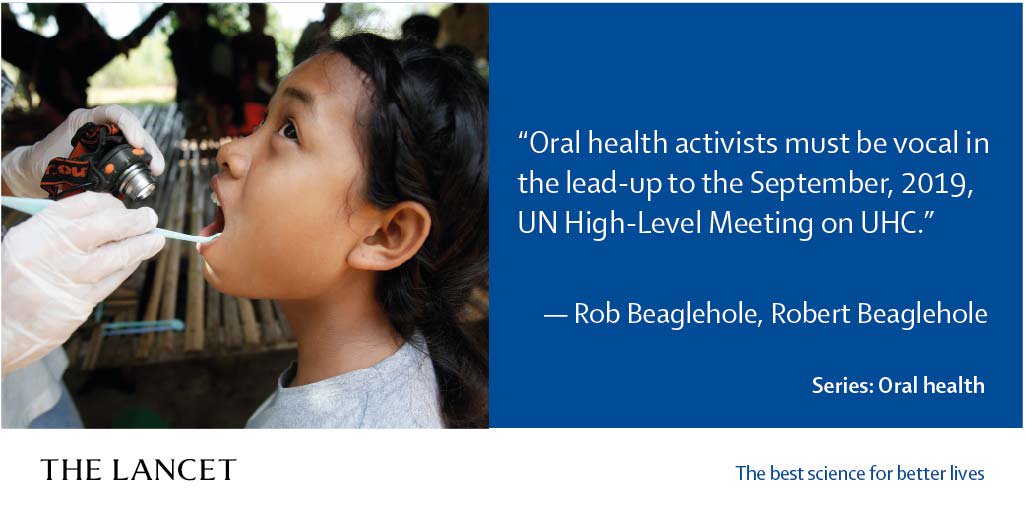
@robbeaglehole Couldn't attend the launch event of @TheLancet Series on #GlobalOralHealth?
Watch the full recording hubs.ly/H0k90Nx0
Featuring @jocalynclark @UCL_DentalPH @sugarpolitics @BlanaidDalyDDUH @ncdalliance @WorldObesity @benoit_varenne @richardhorton1
Watch the full recording hubs.ly/H0k90Nx0
Featuring @jocalynclark @UCL_DentalPH @sugarpolitics @BlanaidDalyDDUH @ncdalliance @WorldObesity @benoit_varenne @richardhorton1
Last year @TheLancet Series aimed to get #GlobalOralHealth on global health agendas
Today, we announce that 27 experts across research, policy, advocacy & clinical dentistry from 16 countries will continue this work via a Lancet Commission on Oral Health ucl.ac.uk/epidemiology-h…
Today, we announce that 27 experts across research, policy, advocacy & clinical dentistry from 16 countries will continue this work via a Lancet Commission on Oral Health ucl.ac.uk/epidemiology-h…

• • •
Missing some Tweet in this thread? You can try to
force a refresh



